What is Pay-Per-Click (PPC) Advertising?
Pay-Per-Click (PPC) Advertising is a digital marketing model where advertisers pay a fee each time their ad is clicked. It’s a way of buying visits to your site, rather than attempting to “earn” those visits organically. PPC is most commonly associated with search engine advertising, but it’s also used on social media platforms and other websites.
How does PPC Advertising work?
PPC works on an auction system. Advertisers bid on keywords relevant to their target market. When a user searches for those keywords, the search engine instantly runs an auction to determine which ads will appear and in what order. The ads are then displayed, and the advertiser is charged only when a user clicks on their ad.
The cost per click is determined by factors including the quality and relevance of the ad, the landing page experience, and the bid amount. PPC platforms also use complex algorithms to ensure ads are relevant to users, maintaining a balance between advertiser goals and user experience.
What are the benefits of PPC Advertising?
PPC Advertising offers several advantages for businesses. It provides immediate visibility, allowing new websites or campaigns to appear on the first page of search results instantly. This model offers precise targeting options, enabling advertisers to reach specific demographics, locations, or even times of day.
One of the biggest benefits is its measurability. PPC platforms provide detailed performance data, allowing for in-depth analysis and optimization. This leads to more efficient ad spend and better ROI. The pay-per-click model ensures you only pay for actual interest in your ad, not just impressions.
PPC also offers flexibility and control. Campaigns can be started, paused, or adjusted quickly in response to performance or market changes. It complements other marketing efforts, often providing valuable data that can inform SEO and content strategies.
Moreover, PPC can drive faster conversions compared to other digital marketing methods, making it particularly valuable for businesses looking for quick results or testing new products or services.
Who can benefit from PPC Advertising?
PPC Advertising can benefit a wide range of businesses and organizations. E-commerce companies can use PPC to drive product sales directly. Local businesses can target nearby customers searching for their services. B2B companies can use PPC to generate leads for complex sales cycles.
Startups and new businesses can quickly gain visibility in competitive markets. Seasonal businesses can ramp up advertising during peak periods. Even non-profit organizations can use PPC to raise awareness for causes or drive donations.
PPC is particularly useful for businesses in competitive industries where organic search visibility is challenging. It’s also valuable for those offering high-value products or services, where the cost per click can be justified by the potential return.
As digital advertising continues to evolve, PPC remains a cornerstone of many marketing strategies, offering a direct and measurable way to reach potential customers at the moment they’re searching for related products or services.
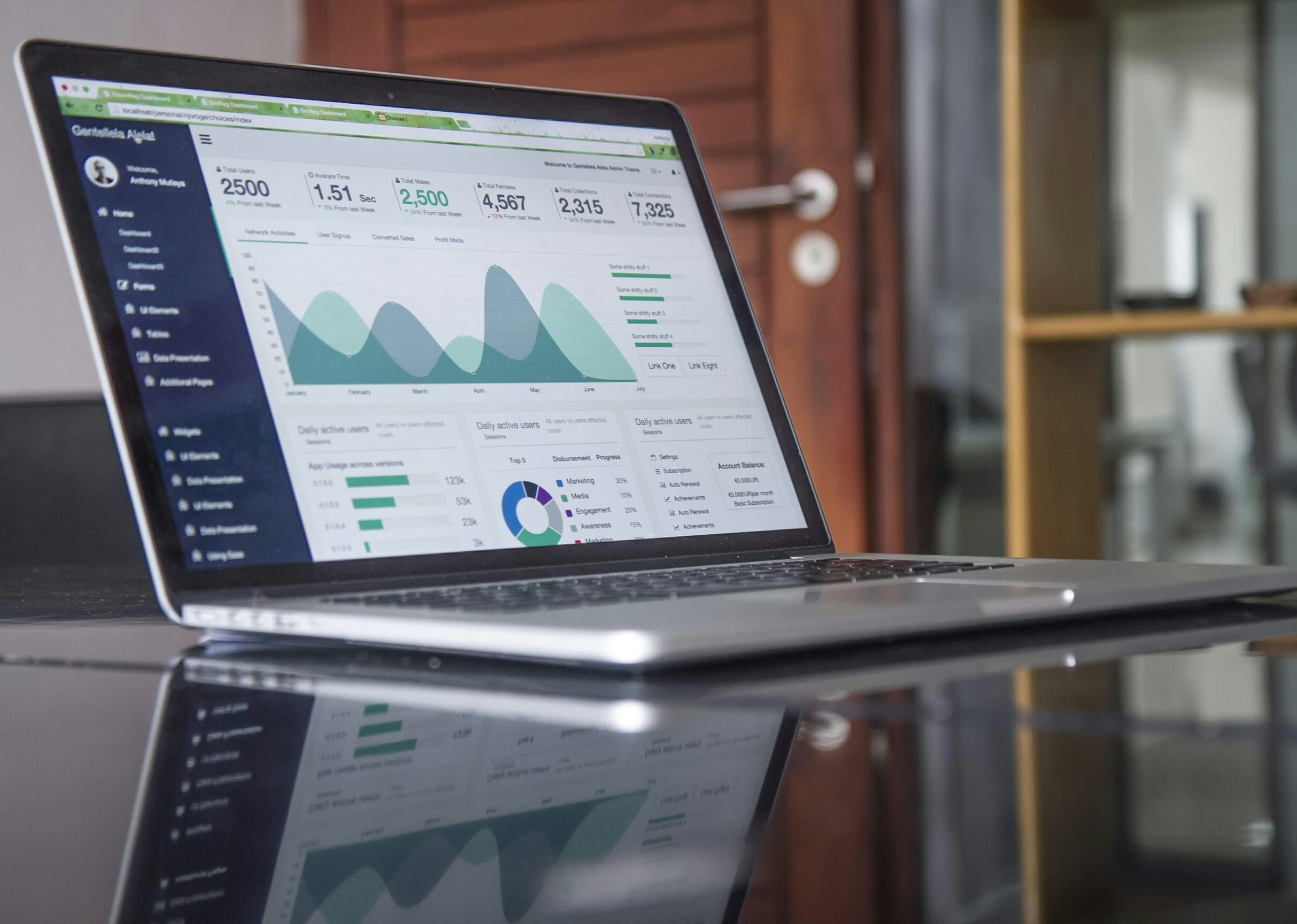
Maximize Your Sales with the Conversion Rate Checklist
Boost Your Business with the Conversion Rate Checklist Did you know that businesses that employ conversion rate optimization techniques are nearly 100% more likely to see significant growth in their sales? If you're a small business owner or a marketing manager seeking such growth, the Conversion Rate Checklist by The…
UTM Tracking: UTM Parameters & How To Use Them
In small business digital marketing, UTM tracking is an indispensable tool for understanding the effectiveness of your campaigns. With more than 76% of marketers relying on data-driven decisions to optimize their strategies, tracking every interaction becomes even more critical. But what exactly is UTM tracking, and why does it matter…
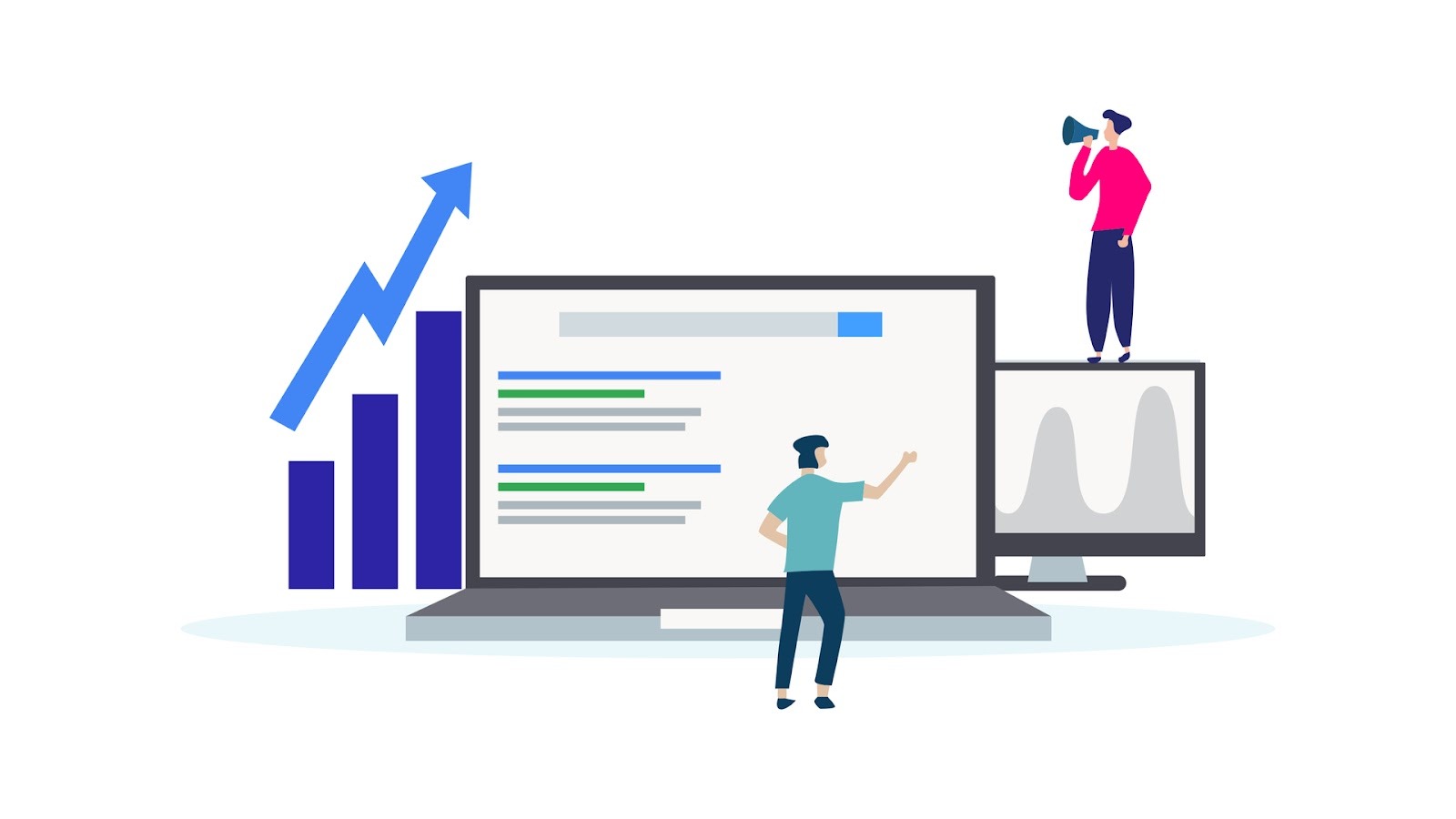
Top 10 Google Ads Optimization Tips for 2024
If you’ve been struggling to optimize Google Ads for your small business, you’re not alone. Many businesses waste ad spend without seeing results, but optimizing your campaigns is the key to turning things around. By focusing on your Google Ads Optimization Score, you can ensure your campaigns are set to…
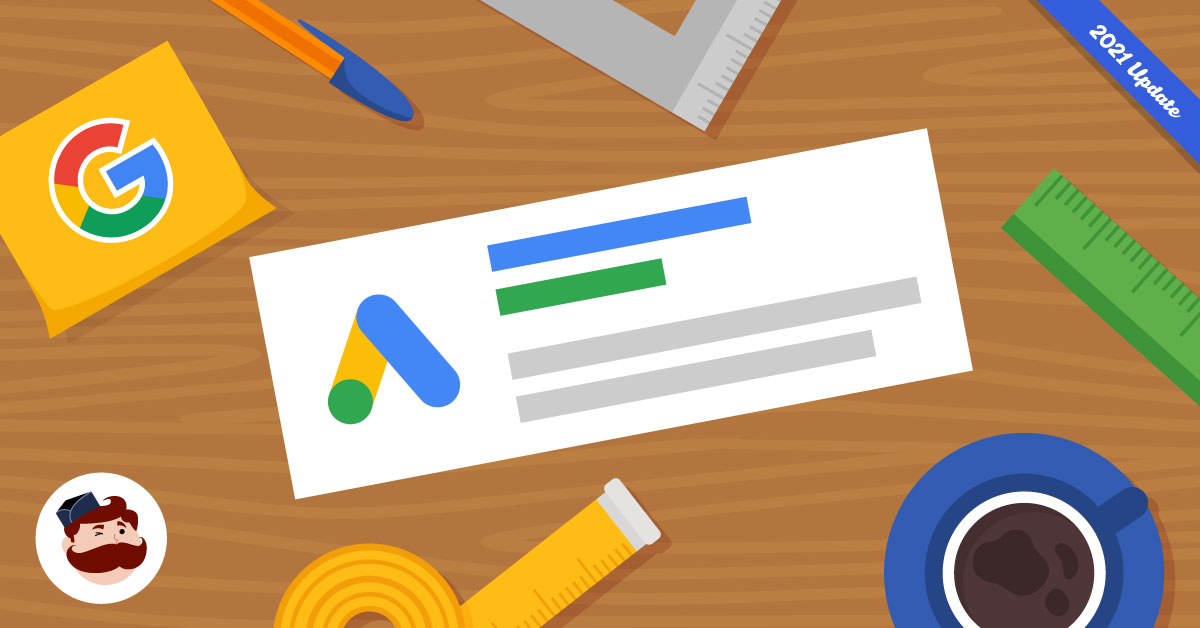
Your Guide To The Types of Google Ads Campaigns
Google Ads is one of the most potent weapons in a strategist's arsenal. It offers various types of Google Ads campaigns to meet diverse marketing needs. Businesses worldwide will spend an estimated $60 billion on Google Ads in 2023, showcasing its effectiveness in reaching target audiences and driving results. Mastering…
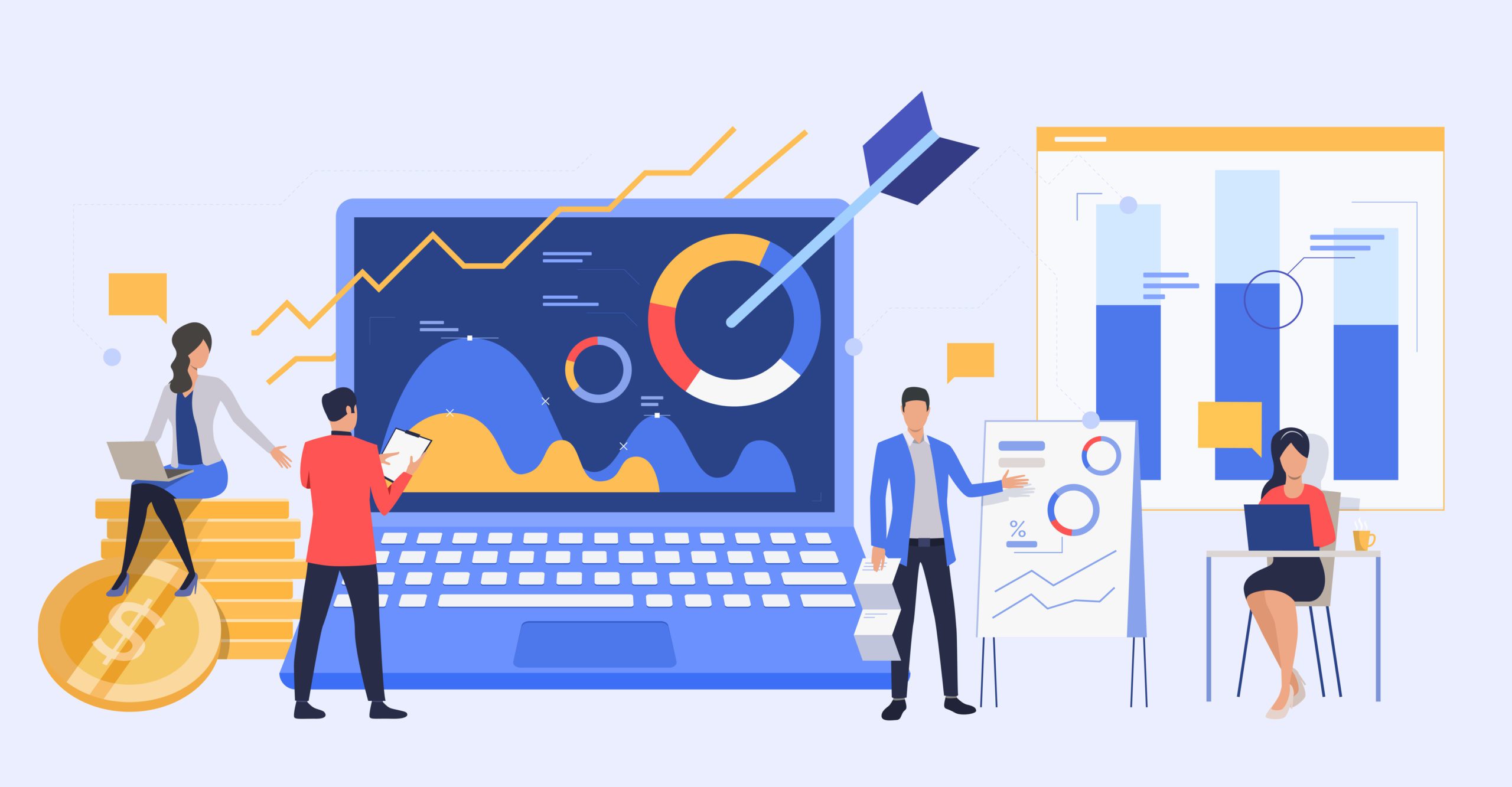
How To Identify Effective Digital Marketing Channels For Your Business
In the ever-evolving business landscape, selecting the right marketing channels is not just an option but a necessity for survival and growth. Whether you're a startup seeking to make a significant impact or an established business aiming to expand your reach, the choice of marketing channels can make or break…
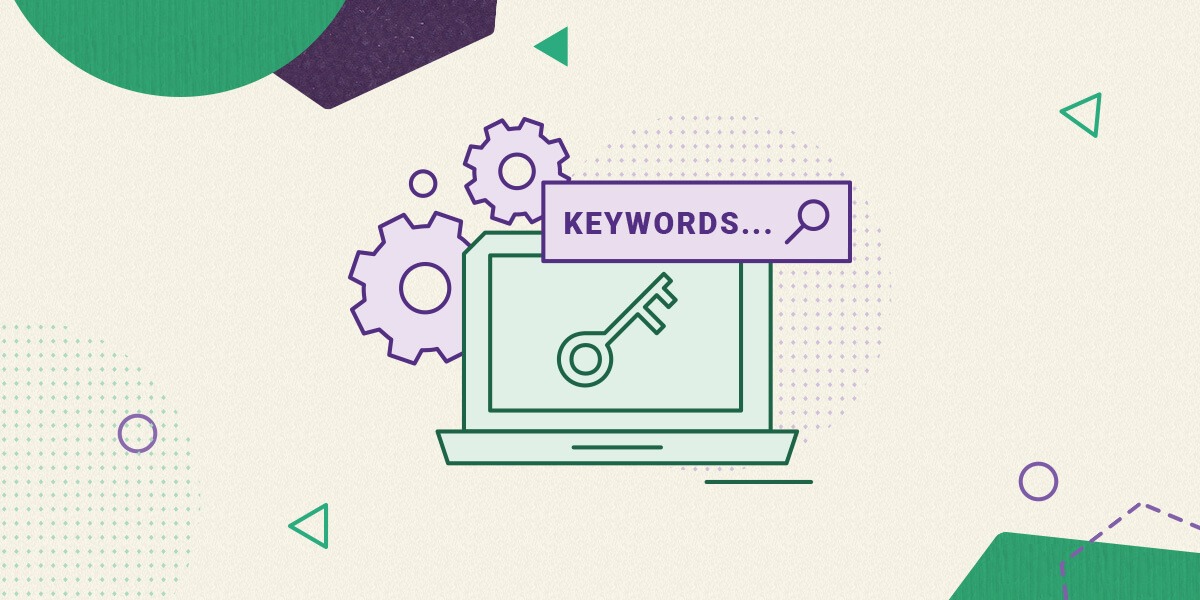
How To Perform Keyword Research For Your Google Ads
As a business owner or social media manager, you know that keyword research is essential for successful paid ads. But it's not enough to just choose any keywords - you need to understand their search intent to maximize your ROI. PPC (pay-per-click) ads are a great way to get your business…